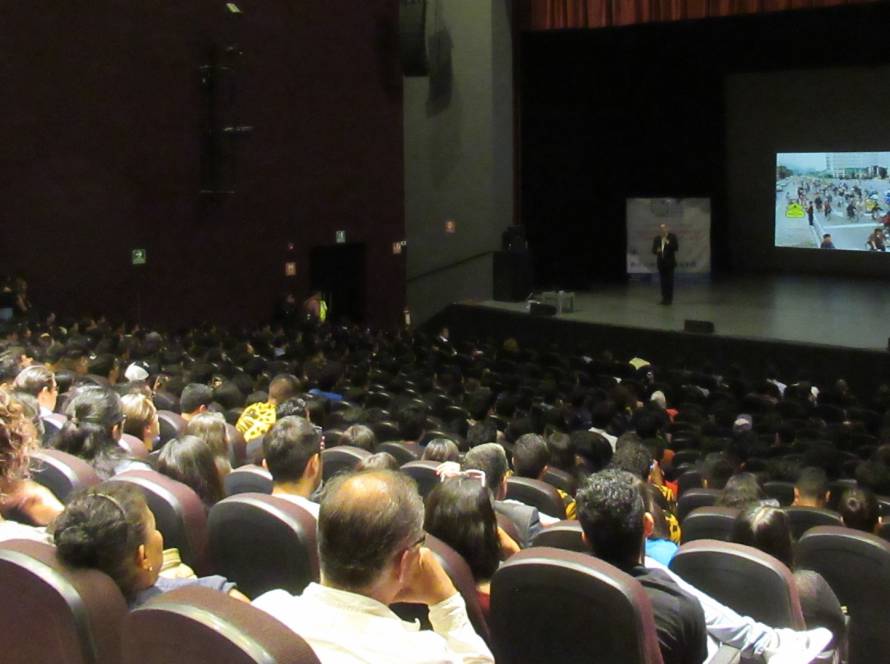Key Takeaways
-
- Streets must be reclaimed as vibrant public places, where urban life happens, rather than car conduits or parking lots.
- Tactical, temporary pilots (such as paint, barrels, and beach chairs) demonstrate possibilities quickly, build political will, and invite iteration.
- A citywide strategic plan that embeds walking, biking, bus, and placemaking as core to growth enables coherent street transformations.
- Transformative street redesign often invokes backlash, but sustained engagement, clear vision and early victories (e.g. Times Square) convert critics and build public support.
Summary
-
- PlanNYC
- Integrated safety, sustainability and mobility goals to prepare for 1 million more residents while improving traffic, public transit, walking and biking.
- Used paint, bollards and beach chairs to reclaim lanes for plazas and bus/bike lanes. Rapid-deployment built buy-in and avoided multi-year delays.
- Dedicated bus lanes with off-board fare collection and transit signal priority boosted speeds by 20%, ridership by 600 k/day. Safety initiatives halved injuries.
- Times Square Pilot: Converting Broadway (42nd–47th) to pedestrian space reclaimed 2.5 acres, cut collisions, increased retail sales and public enjoyment. The pilot was permanent in under four years.
- Equity & Community: Neighbourhood partnerships can maintain plazas in disadvantaged areas and employ formerly unhoused residents, improving safety and social cohesion.
- Milan, Paris, Bogotá, London, and New York are only a few examples of the same concept – superblocks, school streets, ultra-low-emission zones, all demonstrate that street fights are winnable fights.
- PlanNYC
How can Cities apply these learnings?
-
- Develop a citywide vision, tying density, equity, health and sustainability to street redesign.
- Identify high-density pedestrian areas (business districts, plazas, school frontages), pilot plaza conversion, then invest in permanent changes.
- Co-design interventions with local residents, especially in underserved areas; fund local maintenance agreements; and offer social-enterprise jobs to ensure fair access, community ownership, and sustained upkeep.
Ideas for further reading
-
- Streetfight: Handbook for an Urban Revolution – Book by Janette Sadik-Khan and Seth Solomonow
- Designing Streets for Kids – Global Designing Cities Initiative. https://globaldesigningcities.org/publication/designing-streets-for-kids/
- Streets for Pandemic Response & Recovery – NACTO. https://nacto.org/publication/streets-for-pandemic-response-recovery/


